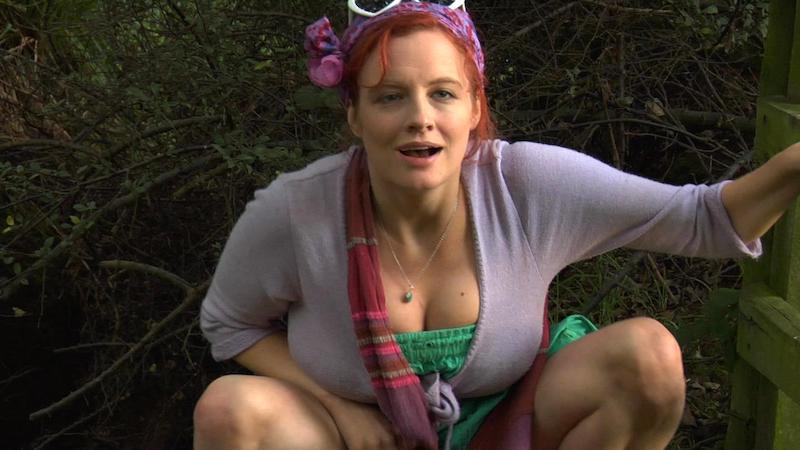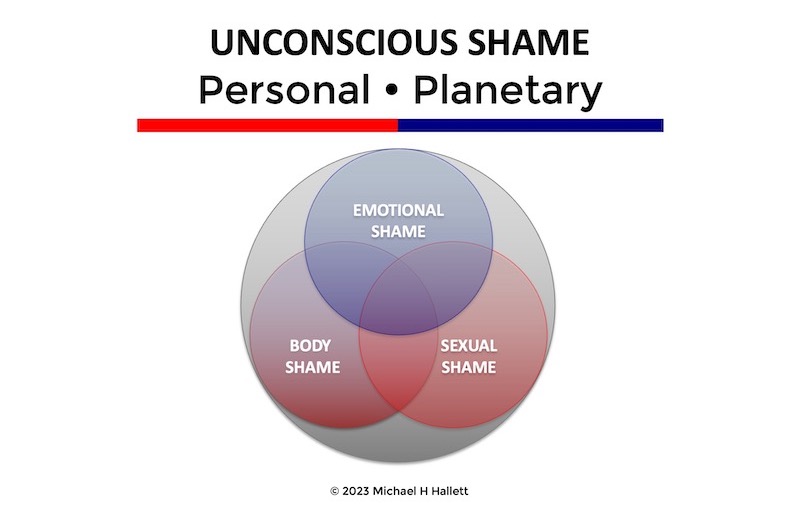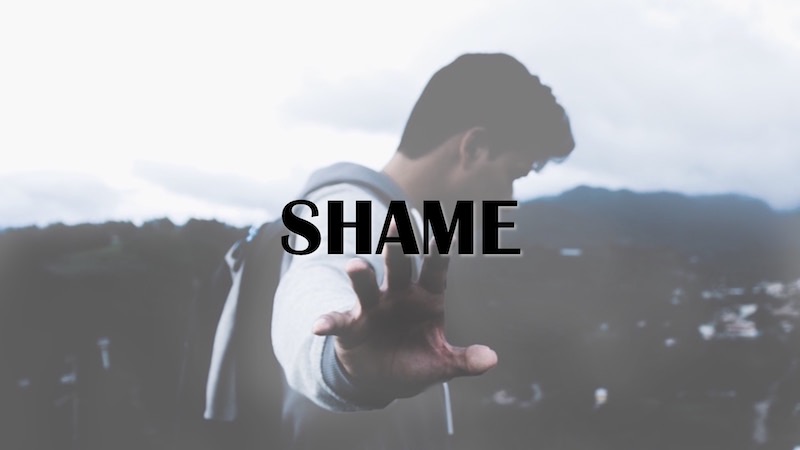Peeing in the bushes – the shame of bodily functions
- 17 August 2023
- Posted by: Michael H Hallett
- Category: Shame ,

People go walking in nature for different reasons: exercise, fresh air, views, to search for flora and fauna. Yet I find that whenever I go walking with several women, one subject inevitably becomes the greatest source of preoccupation: not being seen peeing.
What is…
I often begin my examination of subject by asking what its conventional definition is. On this occasion, I’m going to take it for granted that you know what I’m talking about.
These walks often begin with an emotionally freighted conversation assessing the toilet stop options. The emotional heat and nervous tittering with which the topic is discussed confirms that we’re dealing with unconscious shame.
What’s extraordinary is that in these intense conversations, no one notices the elephant in the room. On a planet of 8 billion people, each of whom pees half a dozen times a day or so, they’re ashamed of a natural bodily function that occurs around 48 billion times a day.
This is the power of unconscious shame—a layer of invisible ‘emotional concrete’ that overlays the whole of society. It’s so widespread that its effects are considered totally normal and generally, as in this case, pass completely unnoticed.
…unconscious shame?
This shame encompasses all the feminine aspects of our being—our emotions, our physical body, and our sexuality.

- Emotional shame—the shame of having feelings in a patriarchal society that has traditionally despised, denied, suppressed, repressed, and punished emotional expression.
- Body shame—the shame of physical appearance (e.g., not beautiful enough) and the shame of bodily functions (urinating, defecating, breastfeeding, menstruating, etc.)
- Sexual shame—the shame of having genitals and sexual feelings, wanted or otherwise, in a society that has traditionally despised, denied, suppressed, repressed, and punished sexual expression.
This shame became entrenched in the human condition following the long-term drought, desertification, and famine that ended the peaceful Neolithic age some 6,500 years ago (in the Near East) and gave rise to the earliest anti-feminine patriarchies.
Shame has manifested in different ways in different cultures ever since, leading to the current shame of bodily functions, including peeing in public.
Peeing in the bushes
Which brings us back to walking in nature. When all toilet stop options that meet the standards of public decorum have been exhausted, the only option is peeing in the bushes.
The mechanics of peeing in the bushes provide further clues to its shameful nature. Phrases like “You go ahead,” “I’ll just have a quick stop,” or “I’ll catch up” are used to hide the toilet stop.
Further proof of shame comes afterwards, as a successful (i.e., unsighted) pee in the bushes seems to provide more relief than emptying the bladder.
Does any of this matter?
Yes. Unconscious shame is a corrosive belief system that disconnects us from the reality of our bodies and pushes us into emotionally fraught contortions to satisfy social standards. The shame of peeing in the bushes is just one fragment of a wider pattern of emotional and sexual shame, dysfunction, and disempowerment.
Taboo
Because peeing in public is shameful, this creates a taboo around it. And the taboo naturally interests those who have some kind of dysfunction or repression around it.
I’ve written about the correlation between bodily and sexual taboos and porn categories. There is, of course, a category devoted to images of women peeing.
At first glance this seems a perverse and fetishist interest. Yet is it not just men wanting to see something natural that has been made unnatural and socially forbidden?
Which is more perverse: hiding in the bushes to avoid being seen doing something that happens 48 billion times a day, or wanting to see a bodily function to satisfy a childhood curiosity that our society, supposedly enlightened, remains deeply ashamed of?
Answer: neither. They are equally dysfunctional reactions to the shame of natural bodily functions.
Next steps
For further resources on shame, both free and paid, please click on this image.
Image: Senseful (2009) by Mica Films. Used with permission.

